Between the Cracks
We were delighted to attend the launch of a new poetry collection by friend of Anyone’s Child, Pete Weinstock, last week.
This collection of poems is dedicated to the memory of Maggie Telfer (March 23, 1959-January 12, 2023) co-founder and Chief Executive of Bristol Drugs Project.
All profit from sales of this collection will be donated to Bristol Drugs Project to provide drug and alcohol treatment services.
The poems recount Pete’s years of experience and frustration with the status quo and the pain that comes with supporting people who are struggling with drugs and their families. These poems are a way to remove a little of that pain.
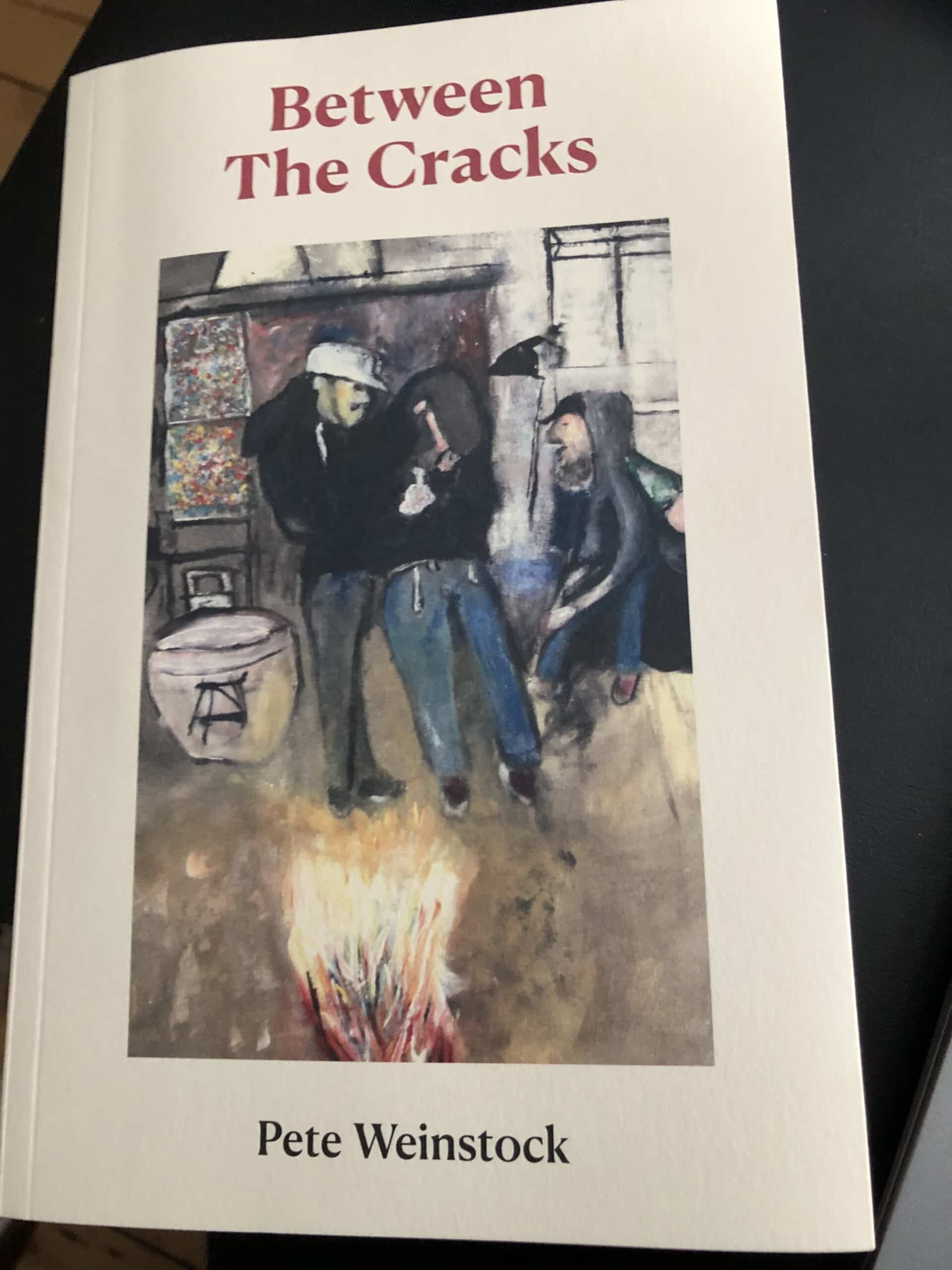

Maggie Telfer speaking at an Anyone's Child event in Brsitol before she passed away
Pete’s Witness Statement
Making drugs a criminal issue, rather than a health issue has caused severe harm to individuals, families, and society. It is clear to me that many drug-related deaths are preventable, and a lot of drug-related harm is avoidable, the promotion of safer conditions would change the landscape of drug use. It would enable the provision of accurate information about drug content and quality, and allow regulatory control over dosage, it would facilitate shared knowledge and skills to understand and maintain clinical hygiene, and create better access to appropriate equipment and safer environments to use in. Careful regulation is, as they say, “not rocket science” ; it is normal practice with the use of many other dangerous drugs available in our society.
The criminal status of drug use and supply drives people away from crucial interventions and into the arms of criminality, the result is drugs are mainly used in unlawful, uncontrolled, and unprotected environments. There are many devastating consequences that result from forcing the use of drugs underground, these include: emotional misery, ill health and disability, social exclusion, homelessness, outlaw status, and criminality. The social and political response to the production, distribution, and use of ‘unlawful’ drugs has created highly profitable empires in the criminal world, enabling industries equivalent to large international corporations to be built. Every day, we see the harmful consequences of this on our streets, in our homes, in families, and in hospitals, police cells and prisons.
It is also clear to me that the War on Drugs, as this policy has been called, is a failed policy. It leaves the production and distribution of drugs in the hands of criminal gangs and unscrupulous profiteers. This war was lost before it ever started; by creating uncontrolled markets and designating ordinary people, including children, as outlaws and enemies of society, we are sustaining a monster and have created a wild-west landscape for the monster to thrive in.
This unregulated, criminally controlled, profit-led marketplace enables abuse, exploitation, and violence on the scale of a global disaster; it harms individuals, families, and societies across the world. Making drug-use illegal has done little to control it but has caused widespread harm by putting drug-use, distribution, and supply beyond the control and protection of the law.
Resources on a vast scale are used to police and punish individuals and communities for their drug use and distribution. We are creating crime scenes out of ordinary activities, and gang worlds out of shopkeeping. Courts, police, and prison systems are overwhelmed by the consequences of drug-related crime. Hospitals and health systems are overburdened by the harmful physical and mental health impacts of unregulated drug-use and associated lifestyles.
If drugs were controlled and regulated, I believe that it would reduce the level of harm and the number of deaths; it would also reduce the pressure and costs to all those services. The argument that decriminalising drug use would herald an increase drug use is not supported in countries where it has been tried. Of course, there will still be drug-related problems, but many existing enforcement resources could be repurposed to educate, inform, and prevent, or to treat and support those in need. The money could be used to provide the very important, missing diversionary activities and mental health and emotional support services for young people, and others, that might divert them to a safer future.
I believe that many of the lives lived and lost, as represented in this poetry collection, would have been very different if drugs and drugs-use were controlled and regulated.
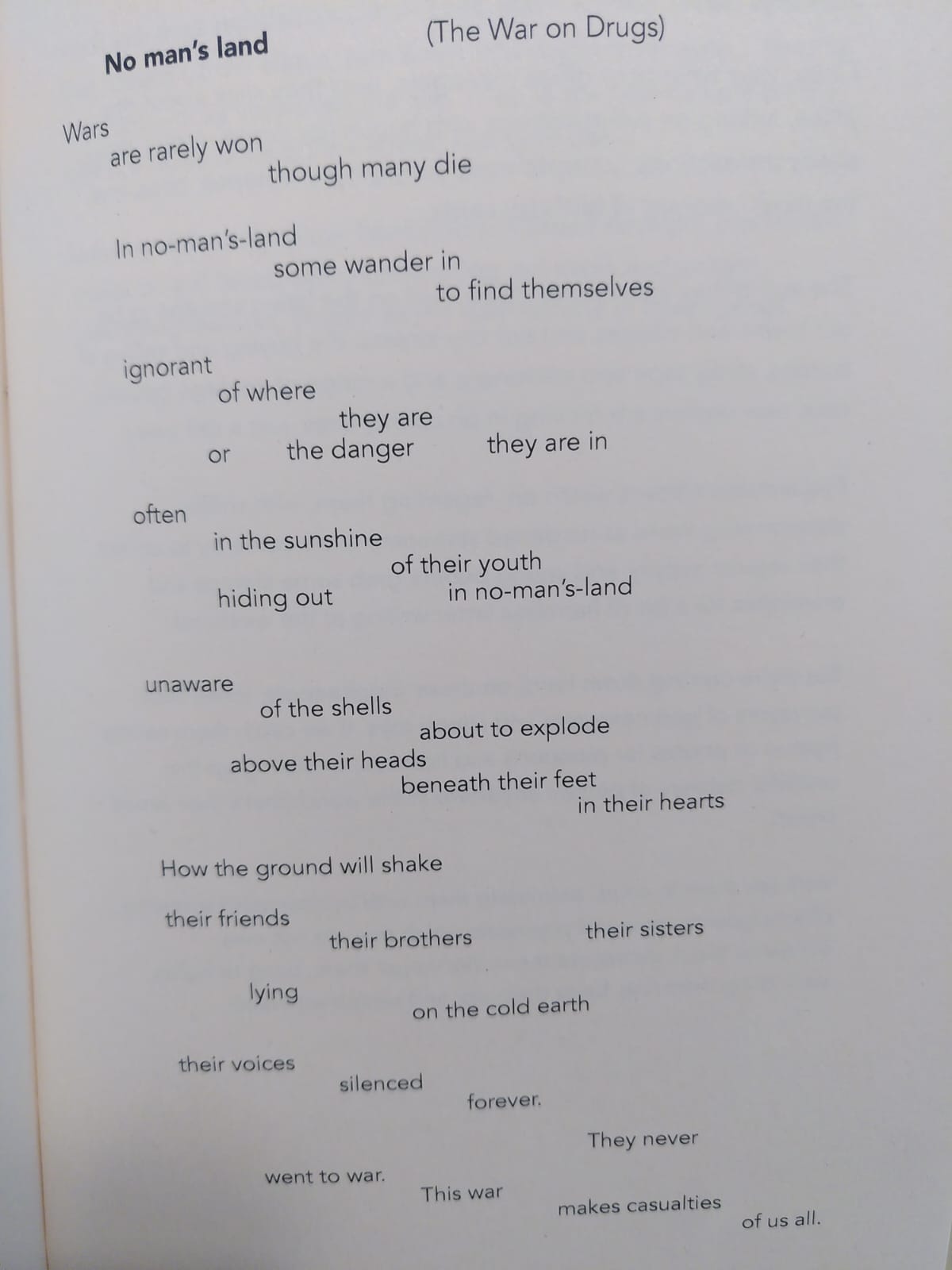
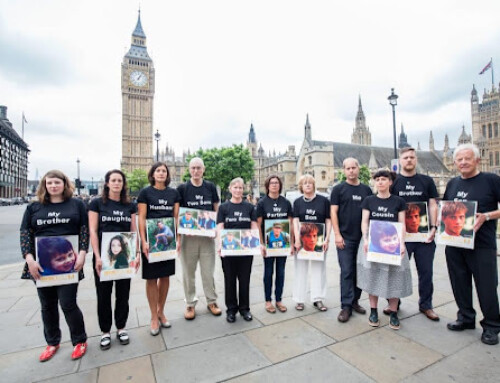
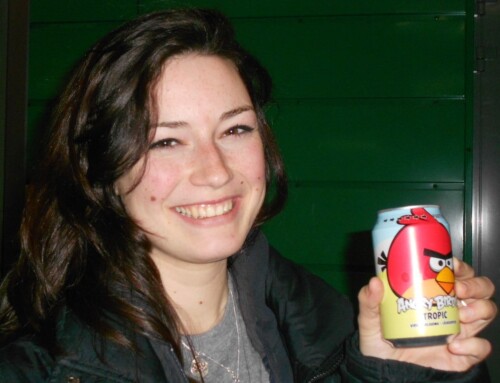
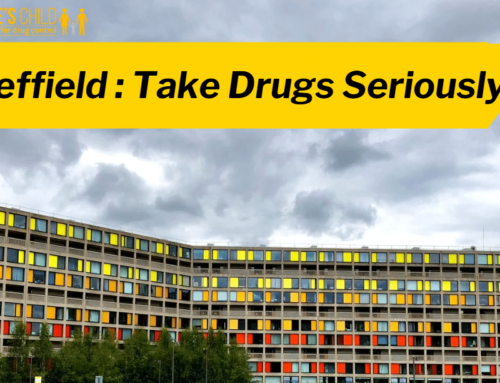

Leave A Comment